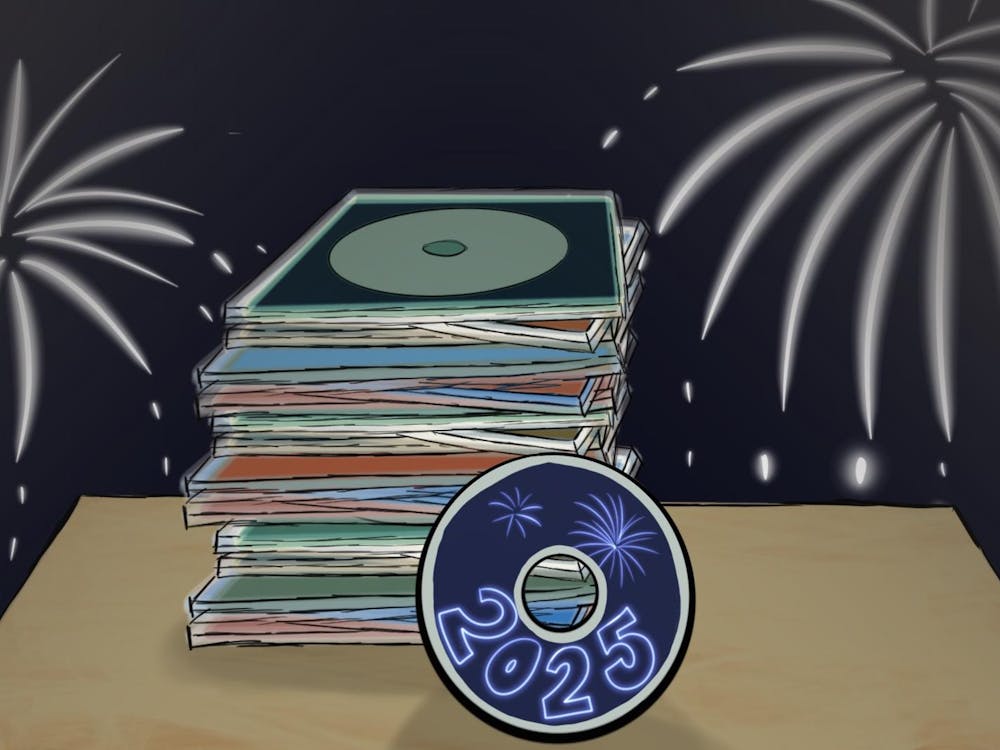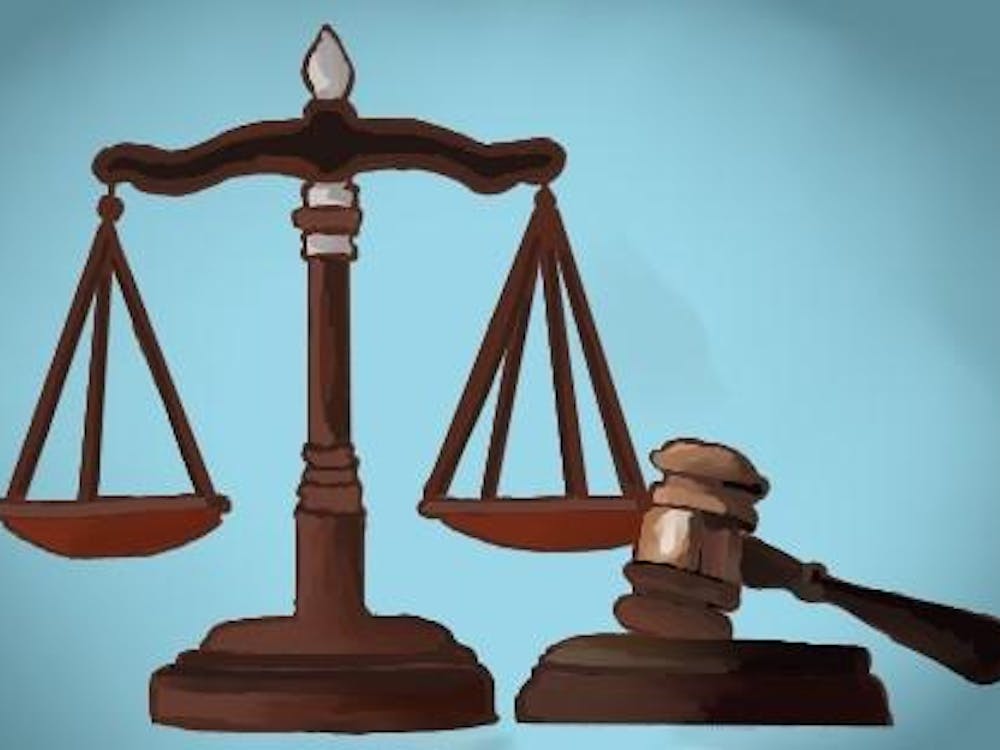Making a new “Jurassic Park” movie has proven to be a lot like genetically engineering a dinosaur. A team of creators seeks to revive a majestic entity from a previous era, so they acquire the entity’s basic materials and recreate it as best as they can.
But rather than creation for creation’s sake, the team’s goal is to display the entity to the public, and they are soon faced with mandates from corporate handlers who demand better feedback from test audiences. So they play up how big, loud and stunning it can be.
The entity then gets sent back to the lab, they mix it with other materials, they scrap it for parts and start over, they add and remove details looking for an ideal combo. They repeat this process for 10 years, and then release “Jurassic World,” the 2015 science fiction adventure film that rebranded the long-standing Jurassic Park franchise.
The troubled production behind “Jurassic World” led to a clumsy and misshapen but nevertheless stimulating product, meaning it sold very well but generated lukewarm reactions that have only cooled with time. Not at all a problem for a typical summer action flick, but not good for a rebranding of a beloved franchise that purported to be the start of a new trilogy of films. The continuation of the trilogy, “Jurassic World: Fallen Kingdom,” is a step up from that opening, but definitely the kind of step accessible by small dogs and the elderly.
Three years after the events of “Jurassic World,” the cloned dinosaurs have been abandoned to die at the hands of an oncoming natural disaster. The estate of one of the clones’ creators, fronted by the aide Eli Mills (Rafe Spall), recruits the previous protagonists, dinosaur behavioral expert Owen Grady (Chris Pratt) and park operations manager Claire Dearing (Bryce Dallas Howard) to rescue some of the dinosaurs and give them sanctuaries. However, the movie spends very little time pretending that this is the actual plot, as it quickly becomes obvious that Eli’s goals are less humanitarian than advertised, and the actual plot becomes Owen and Claire’s quest to foil a scheme to exploit the last remaining dinosaurs for nefarious industries.
As one might guess, “Fallen Kingdom” is an oddly structured film that front-loads a lot of material into its overlong first act. There’s a long stretch of extreme action sequences that feels distinctly out of place for the beginning of the story, so much so that the rest of the film feels like it’s just coasting off the first act’s propulsion — a plateau of tension rather than any kind of peak. Even putting that scale issue aside, the action quickly becomes tiresome, a repetitive frenzy of running, screaming, climbing and falling that overloads and dulls the senses. It is only after the first act, when the film catches its breath and quiets down, that its better nature shines through.
There’s a greater emotional clarity than in the previous film, derived from a stronger focus on the characters, their relationships and their position relative to the core plot element, the dinosaurs themselves. Owen manages to find an appealing middle ground between his dual roles as buff action hero and the emotionally sensitive caretaker, and Claire’s cold and aloof personality is traded in for an earnest sense of responsibility towards the dinosaurs that draws sympathy. Eli gets somewhat lost in a clump of underdeveloped villains who all seem to disappear before they’ve properly arrived, but is at least distinct enough to be sensible and forgettable rather than frustratingly thoughtless.
However, “Fallen Kingdom” still has a lot of the same problems as its predecessor. At times, despite being structurally different, “Fallen Kingdom” feels like it’s hitting the same notes as “Jurassic World,” particularly in how the dinosaurs are used. The plot is clumsy and riddled with small incontinuities, particularly due to its reliance on a villainous scheme that is ridiculous on its face and never given sufficient justification. The side characters are annoying and only seem to exist for convenience’s sake, to the point that one character literally says out loud that their presence is mostly redundant with a total lack of self-awareness. The ending mistakes being open to a sequel as being the same thing as having an unfinished resolution.
Overall though, the biggest problem with “Fallen Kingdom” is a lack of eloquence. There’s a dry and robotic feeling to the dialogue, and many lines are so simple that they belong on PowerPoint slides. The “Jurassic World” films feel like they’re straining to reach some kind of meaningful points on environmental conservation, or capitalist exploitation, or the ethics genetic engineering, but they never employ vocabulary advanced enough to actually elucidate those points, either verbally or visually. It’s a film series that very loudly and busily says nothing of importance.
As far as summer blockbusters go, the film isn’t quite boring but isn’t quite enjoyable either. The action is well-executed enough to be an easily-consumable, easily-forgettable spectacle. For a lot of people, that much is enough, but it’s hard to imagine anyone clamoring for the trilogy’s conclusion. As the cloning project continues, “Jurassic World: Fallen Kingdom” has a bigger heart and stronger legs than its predecessor, but it still struggles to do more than stand up straight and walk.





